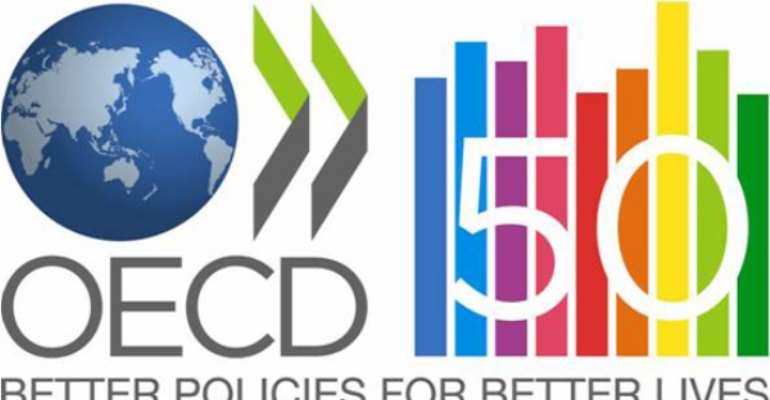Lack of enforcement jeopardises South Africa's fight against foreign bribery; OECD concerned that political and economic considerations may be an influence

GENEVA, Switzerland, March 18, 2014/African Press Organization (APO)/ -- South Africa must take urgent steps to proactively investigate and prosecute foreign bribery. No foreign bribery cases have been prosecuted since South Africa joined the Convention in 2007. The 4 on-going investigations – out of only 10 allegations that have surfaced to date – are also far from reaching the prosecution stage, according to a new report by the OECD Working Group on Bribery.
The need for enforcement is imperative, especially as South African companies are increasingly operating abroad, often in sectors with a high risk of foreign bribery. There are also serious concerns that prosecutions may be hampered by political and economic considerations.
The OECD Working Group on Bribery has just completed its report on South Africa's implementation of the Convention of Combating Bribery of Foreign Public Officials in International Business Transactions and related instruments. Recommendations made by the Group to improve South Africa's fight against foreign bribery, include:
• Significantly increase its efforts to proactively detect, investigate and prosecute foreign bribery;
• Ensure that national economic interests and the identities of the natural or legal persons involved do not influence the investigation or prosecution of foreign bribery cases;
• Increase the financial resources available to law enforcement authorities and ensuring enhanced cooperation and coordination between the police and prosecutors;
• Urgently ensure and raise awareness that people who report suspected acts of foreign bribery are in practice afforded the protections guaranteed by the law, including those in the auditing profession.
The report also highlighted positive aspects of South Africa's efforts to fight foreign bribery. South Africa has a well-drafted foreign bribery offence and a broad and flexible corporate liability regime. The Prevention of Organised Crime Act (POCA) allows for the broad use of freezing orders and confiscation measures. Steps have also been taken to encourage publicly-listed and state-owned enterprises to strengthen internal controls, ethics and compliance measures for the purpose of preventing and detecting foreign bribery, including through the establishment of social and ethics committees.
The Working Group on Bribery – made up of the 34 OECD Member countries plus Argentina, Brazil, Bulgaria, Colombia, Latvia, Russia and South Africa – adopted South Africa's report in its third phase of monitoring implementation of the OECD Anti-Bribery Convention.
The Report, available at www.oecd.org/daf/anti-bribery/SouthAfricaPhase3ReportEN.pdf, lists all of the recommendations of the Working Group to South Africa on pages 68 - 74, and includes an overview of recent enforcement actions and specific legal, policy and institutional features of South Africa's framework for fighting foreign bribery. The report recommends a written follow-up report by South Africa in six months on progress made in (i) pro-actively investigating and prosecuting foreign bribery; (ii) ensuring that investigations and prosecution are not influenced by political and economic considerations; (iii) ensuring, and raising awareness of, protection for whistleblowers, and; (iv) responding promptly to MLA, to help the Working Group decide whether a further evaluation is necessary. As with other Working Group members, South Africa will submit a written report to the Working Group within two years on steps it has taken to implement the new recommendations. This report will also be made publicly available.
